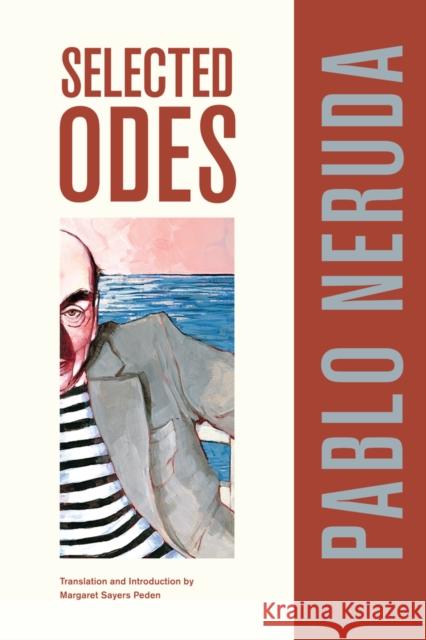Selected Odes of Pablo Neruda: Volume 4 » książka
Selected Odes of Pablo Neruda: Volume 4
ISBN-13: 9780520269989 / Angielski / Miękka / 2011 / 392 str.
The atom, a tuna, laziness, lovethe everyday elements and essences of human experience glow in the translucent language of Neruda's odes. Chilean poet Pablo Neruda (1904-1973) wrote three books of odes during his lifetime. Odas elementales was published in 1954, followed in subsequent years by Nuevas odas elementales and Tercer libro de las odas. Margaret Sayers Peden's selection of odes from all three volumes, printed with the Spanish originals on facing pages, is by far the most extensive yet to appear in English. She vividly conveys the poet's vision of the realities of day-to-day life in her translations, while her brief introduction describes the genesis of the poems.
To write simply of simple things was a task the poet undertook consciously, following his experiences in the Spanish Civil War, the "social conversion" that resulted from a visit to Macchu Picchu, and the writing of his epic Canto general (California, forthcoming). The odes are arranged in brief, sinuous lines that flow down the page and connect the poet to the animal, mineral, and vegetable world, to people and objects, and to the landscape of history. "Chile," Neruda once said in reference to the work of sixteenth-century poet Alonso de Ercilla, "was invented by a poet." In accepting the Nobel Prize for Literature in 1971, he declared that "We writers from the vast expanse of America] are called upon to fill with words the confines of a mute continent, and we become drunk with the task of telling and naming." The odes reflect what Neruda saw as both an obligation and a privilegethe naming and defining of his world."











